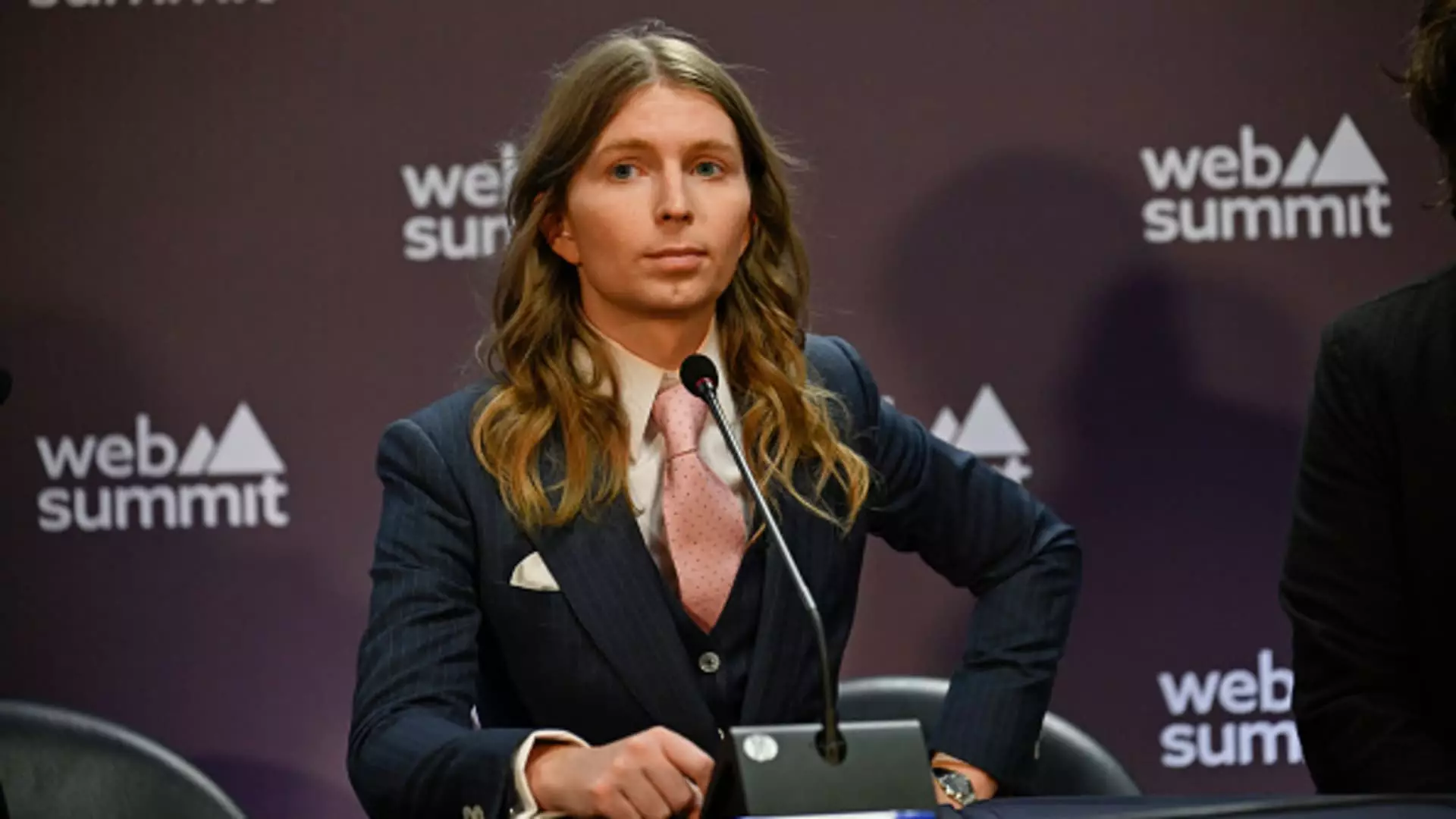In an age where digital space significantly impacts individual freedom, former U.S. Army intelligence analyst Chelsea Manning has highlighted the persistent threat of censorship that looms over it. Manning’s remarks made during a discourse at the Web Summit tech conference in Lisbon, Portugal, underscore the pressing need for a reconfiguration of our current internet architecture. Her emphasis on the importance of establishing a decentralized internet echoes a growing sentiment that personal data and privacy must be reclaimed from the grip of dominating tech monopolies. The tension between government regulations and tech entities on issues of content moderation presents a critical battleground where issues of privacy, freedom of expression, and information integrity entwine.
Manning argues that understanding censorship today extends beyond the traditional scope of direct control over information. The emergence of social media platforms has fostered an environment where algorithms influence visibility and engagement, oftentimes leading to subtle yet pervasive censorship. “Censorship is a dominant threat,” she asserts. The implications of this modern form of censorship warrant significant attention as it affects not only what information gets amplified or suppressed but also dictates the user experience on digital platforms. The introduction of decentralized identification may offer an innovative solution that empowers users to regain agency over their online presence.
In Manning’s view, the manner in which information is relayed also contributes to the evolving paradigm of online censorship. For example, engagement-driven models employed by social media platforms tend to privilege sensationalist or controversial content, steering public discourse to specific narratives while marginalizing others. This dynamic requires users to critically examine the source and credibility of information they consume, a challenging feat in a digital ecosystem rife with misinformation.
What does a more decentralized internet look like? Manning envisions a configuration reminiscent of the open and distributed nature of the internet during its infancy in the 1990s, combined with sophisticated technological advances that can offer enhanced security and privacy. “One of the ways that we can sort of countervail that is to go back to the more decentralized…” she explains, suggesting that this shift can cultivate a digital environment wherein individuals have better control over their data.
A profound implication of such a decentralized framework involves rethinking the lucrative business models of tech corporations. Manning insists on the necessity of establishing a “better social contract” that redefines how information is shared. This model would essentially nudge companies towards transparency about their operations while still allowing them to pursue viable economic models. It promotes a collaborative relationship in which user autonomy is prioritized over algorithmic profit motives.
Reflecting on her experiences as a whistleblower, Manning notes a notable evolution in the landscape faced by individuals willing to expose truth. In her assessment, although there is an abundance of information available, the challenge lies in discerning what is substantive and credible. “Countries and governments no longer seem to invest the same amount of time and effort in hiding information and keeping secrets,” she states, drawing attention to a shift in tactics that leverage misinformation as a tool of manipulation.
Today’s whistleblowers must navigate a complex sea of information and, ironically, the very technological advancements that aid in dispelling secrets can simultaneously obfuscate the truth. Paradoxically, increased transparency does not guarantee the authenticity of information. Manning’s perspective encourages critical vigilance, urging whistleblowers and the public alike to engage with information authentically and verify sources before forming conclusions.
Chelsea Manning’s insights call for not only a shift in our cultural approach to digital spaces but also the systemic changes needed to support an environment where free expression can thrive without fear of censorship or misinformation. Advocating for a decentralized internet could harness the potential of technology while reinforcing the values of privacy and personal agency. In an era increasingly defined by digital interactions, it is imperative that we reclaim our narrative and reinstate trust in our information ecosystem. As we consider these critical issues, it becomes evident that the future of our online world lies in promoting a culture of decentralization, transparency, and individual empowerment—crucial components for navigating the complex realities of the digital age.

